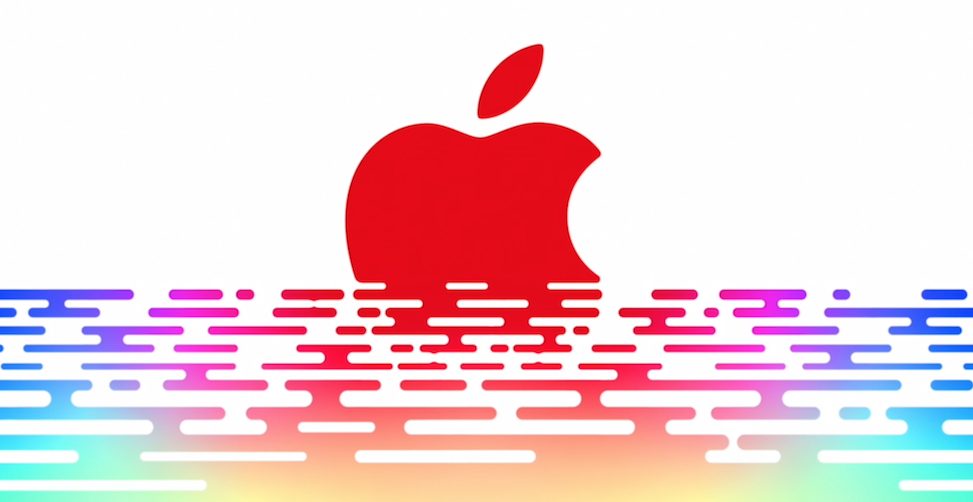Apple has released its Human Rights policy for investors which claims to protect and promote the rights of all global citizens with its products. The company claims that its devices and services are designed to empower people, who take their rights seriously, by providing them with tools and information
CEO of Apple, Tim Cook wrote;
“At Apple, we are optimistic about technology’s awesome potential for good. But we know that it won’t happen on its own. Every day, we work to infuse the devices we make with the humanity that makes us.”
Although the company’s commitment to Human Rights seems like a step in the right direction, its practical application is questionable when it comes to International violators of citizens’ rights in their country under the pretext of abiding by the “national laws”. Investors have been pressuring the iPhone maker for its ties with a repressive Chinese regime and for turning a blind eye to the States violations of Human Rights.

Apple’s Human Rights Policy 2020
“We believe in the critical importance of an open society in which information flows freely, and we’re convinced the best way we can continue to promote openness is to remain engaged, even where we may disagree with a country’s laws.”
The Cupertino tech giant has adequately detailed how its technology is shaping users’ mindsets to demand their legal rights and also paving the way for them to voice their concerns and demand for justice. Apple proudly listed the devices, services, and practices that help to achieve “freedom of information and expression.”
- iPhone
- Apple Pay
- Privacy Protection – iOS Privacy features to minimize the exploitation of users’ data
- Only carefully approved content on Apple News, Podcasts, and other services
- The comprehensive review process of all App Store applications
- Ensures that suppliers provide a suitable workplace for all employees
- The workplace practices a zero-tolerance policy for discrimination, prejudice, violence, harassment and other social evils.
- Encourages diverse, inclusive, workforce
- Commitment to renewable energy
- Publicly publish performance reports for transparency like the “Transparency Report, and in Supplier Responsibility, Modern Slavery, and Conflict Minerals reports.

However, Apple’s commitment seems shady when it comes to holding regimes which violate Human Rights in their respective countries like China, UAE, Saudi Arabia, and others.The document states,
“We’re deeply committed to respecting internationally recognized human rights in our business operations, as set out in the United Nations International Bill of Human Rights and the International Labour Organization’s Declaration on Fundamental Principles and Rights at Work. Our approach is based on the UN Guiding Principles on Business and Human Rights. We conduct human rights due diligence to identify risks and work to mitigate them. We seek to remedy adverse impacts, track and measure our progress, and report our findings.
We believe that dialogue and engagement are the best ways to work toward building a better world. In keeping with the UN Guiding Principles, where national law and international human rights standards differ, we follow the higher standard. Where they are in conflict, we respect national law while seeking to respect the principles of internationally recognized human rights.”

China, in particular, is known for controlling the sources of information in the country and dealing with dissent with harsh punishments. Apps that can not be monitored by the State like FaceTime, WhatsApp, Facebook and others are banned. Recently, the tech giant removed a popular podcast app, Pocket casts from its China App Store on the Chinese governments orders.
Since, Apple’s business heavily relies on Chinese suppliers, assembly units for manufacturing and its consumer market for sales, it is not surprising that the company willingly ignores the country’s intolerance for freedom of information and expression, which is unfortunate for that country’s users.
1 comment